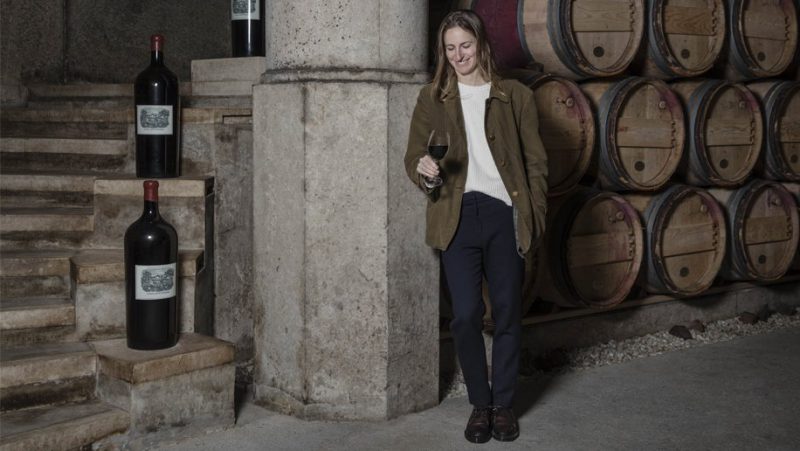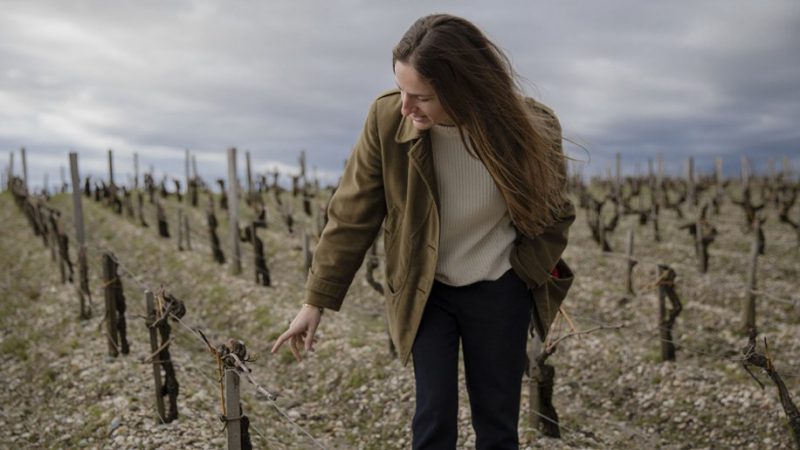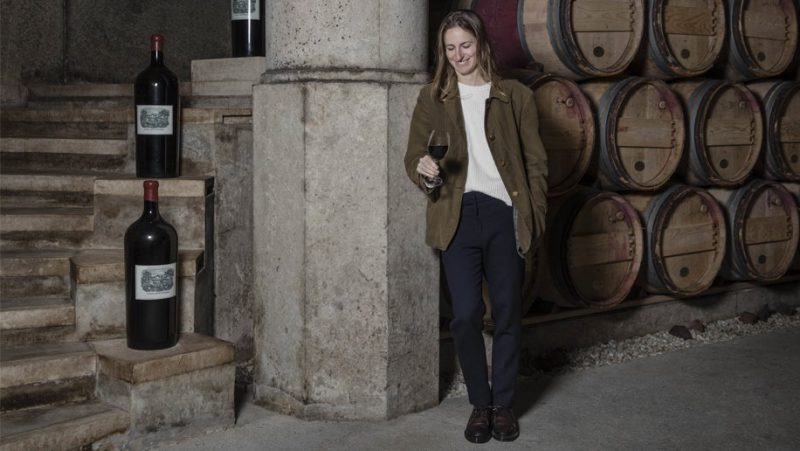Making Tomorrow’s Vintage History
One on One: Saskia de Rothschild shares the spirit of innovation behind one of the oldest names in wines
June 30, 2020

Virtual wine tastings are one of the many innovative ideas to emerge from the current pandemic crisis. While people were stuck at home, Saskia de Rothschild of Domaines Barons de Rothschild (Lafite) was sharing her knowledge of wine making and giving curious oenophiles a peek into her world. Business Traveler caught up with the winemaker to learn more about how these unusual times can affect the world of wine and those who produce it.
BT: Tell us how you got started in wine production.
DE ROTHSCHILD: I grew up in the vines of our family estates asking a million questions to the vineyard workers and cellar masters from a young age. My father taught my brothers and me how to taste wine. I went on to have a career in journalism and live abroad, but I always came back to Lafite for blending in January. Eventually, I decided to change my career and go back to school to train in viticulture and oenology.
BT: What is the most difficult thing for a winemaker?
DE ROTHSCHILD: Patience! Our timing is the opposite of the fast pace that the world is moving in today. Making decisions in the way we conduct our vineyard has impacts that you can only feel 10 years from the time you decide, yet they will have an effect on more than 60 years of winegrowing after that.
BT: Has COVID-19 affected either wine production or wine consumption/sales?
DE ROTHSCHILD: It has, of course, affected us and led us to have to concentrate on what couldn’t be stopped whether there was a virus or not – the natural cycle of our vineyards. That’s why we’ve done everything in our power to adapt our habits and still be able to tend to our vines and prepare the 2020 vintage.
BT: So in what ways are you adapting?
DE ROTHSCHILD: This is the first vintage where all of our French estates are being farmed with an organic approach. We have been preparing for this evolution for years, and it feels more like a continuous evolution than a drastic change. Fingers crossed it all goes well. We have just successfully passed the critical stage of flowering in our vines. COVID-19 has not stopped this process.
BT: You have been hosting virtual wine tastings lately. What is that like, and do you see the trend continuing even once we are past this pandemic?
DE ROTHSCHILD: It’s a strange feeling because so much about conducting a tasting is seeing the immediate reactions and feelings of the people in front of you. Still, it is a very interesting trend, and we will probably continue to use this tool to share anecdotes about our wines with wider audiences.
BT: What will change for winemakers going forward? What habits need to be adapted?
DE ROTHSCHILD: As with all activities today, and even more so anything that has to do with the food industry, we have to be impeccable when it comes to transparency and sustainability. We are also faced with the reality of climate change and how that will influence the wines we produce in the future. Planning ahead for the long run is part of our DNA as winemakers. Any decision we make in a vineyard takes more than ten years to be completely implemented and analyzed. So, we are already adapting by planting different varieties. For example, more Cabernet Franc and possibly Cabernet Sauvignon in Pomerol to balance the opulence of the Merlot grape in our L’Evangile blend.
BT: Do you think wine tourism and winery visits will rebound quickly? How will this type of tourism be affected by coronavirus?
DE ROTHSCHILD: Here in Europe, it may resume quickly with individuals wanting to explore nearby regions rather than take flights to far-flung destinations. This seems like quite a positive evolution for our planet and for people to take things slower and closer to home.





